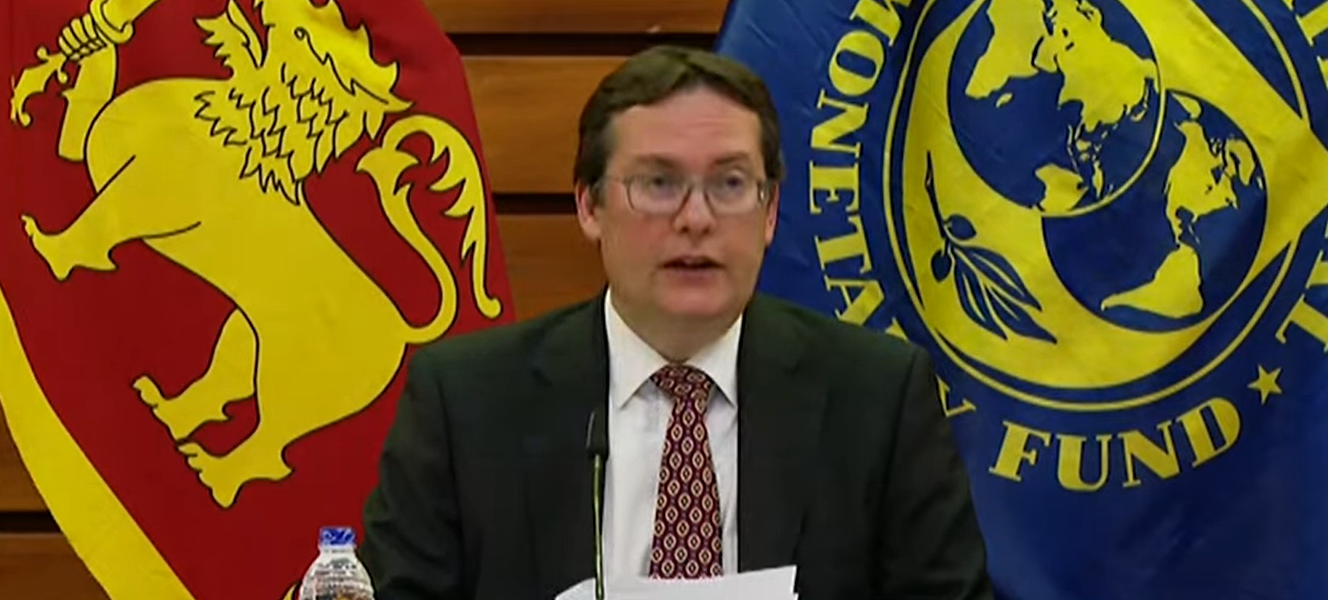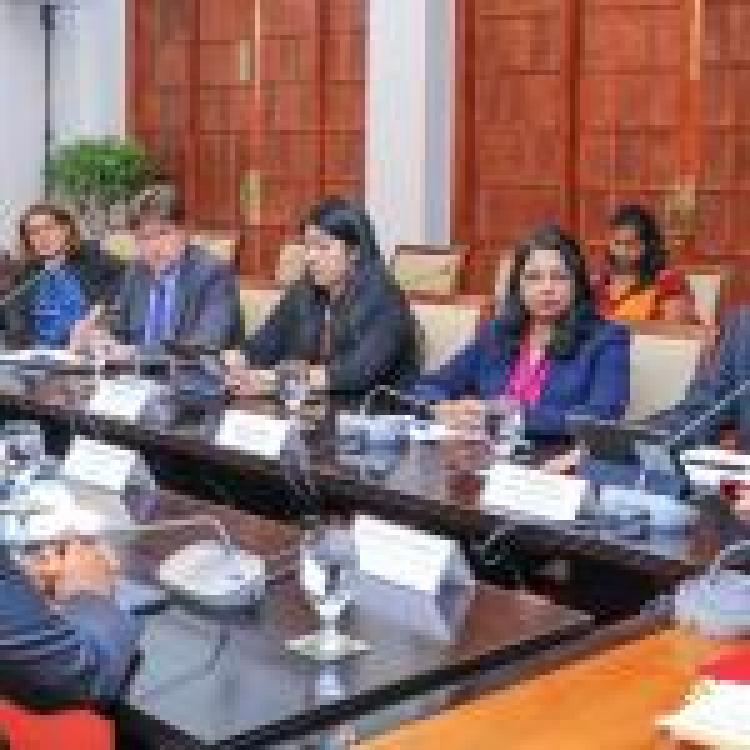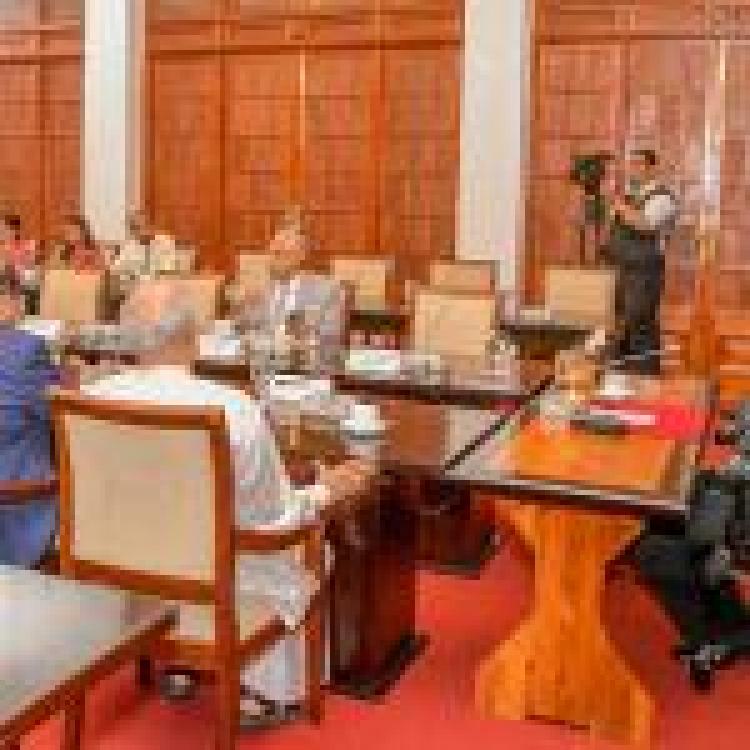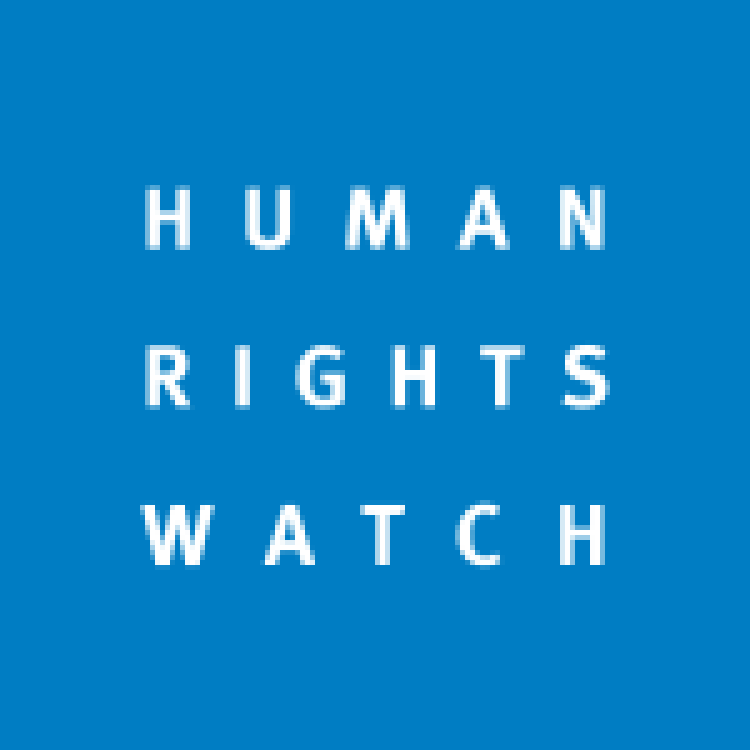
Sri Lanka is on a “knife edge path” which “could easily go back to a vicious cycle,” International Monetary Fund (IMF) officials told reporters in Colombo this week, as they approved the next loan tranche from a $3 billion bailout program.
Peter Breuer, the IMF Senior Mission Chief told the press that the IMF has received several proposals but “for us, what is absolutely key is that the program objectives are achieved because with those, Sri Lanka has a chance of emerging from the crisis”.
His remarks came as the IMF approved a payout of about $337 million, as part of a $3 billion bailout package.
“The path is a knife edged path,” he added.
“We have to remember that. So, yes, we acknowledge in our press report the green shoots that we see for the economy, and that's the beginning of a virtuous cycle and we have to keep it there. It is knife edge and could easily go back to a vicious cycle, and that's what we want to prevent. So we are willing to listen to alternative suggestions of how the program objectives can be reached, and these must be realistic and achievable within the time frame of the program. Because, with those, Sri Lanka has a chance of emerging from the crisis. That path is a knife-edged path.”
Several political parties have criticised the government’s course of action, particularly the imposition of higher taxes, as demanded by the IMF. The opposition parties Samagi Jana Balawegaya (SB) and Marxists Janatha Vimukthi Peremuna (JVP) have met the IMF mission staff where they shared different views.
However, Breuer warned the country could go back to a crisis if the reforms are not sustained. He said the critical next steps is for Sri Lanka to finalize the agreements with the Official Creditors in line with program parameters in a timely manner. “This should help restore Sri Lanka's debt sustainability over the medium term,” he continued.
Concerning the tax burden and impact of the crisis on the vulnerable, the IMF mission said they were “very aware that the crisis has hit the poor and the vulnerable the most,” and claimed that “we also have a spending floor on social safety nets”.
“Sri Lanka's general revenue in 2022 was in the order of 8 percent,” said Breuer. “It used to have a revenue of up to 20 percent of GDP in the 1980s. So it is a country that used to actually collect a lot more revenue, almost three times as much as it did in 2022.”
“So this tax burden is needed in order to fund the essential services that the government is providing. It is providing common goods for everybody. And if everybody wants to continue enjoying these common goods, then everybody has to make commensurate contributions, and that would address one of the root causes of the crisis.”
The mission said they had visited Nuwara Eliya where they met with tea plantation workers and learned “first hand about some of the challenges that Sri Lanka's most vulnerable face”.
The IMF announcement comes as Sri Lanka’s central bank governor and treasury secretary are due to travel to Europe for negotiations with bondholders aimed at restructuring $12 billion in defaulted global bonds next week.
“After we get a declaration that Sri Lanka is free from bankruptcy, we also expect to have joint discussions with the International Monetary Fund and World Bank in April,” said Sri Lankan president Ranil Wickremesinghe. ‘“I expect to complete all these matters by June-July.”
The IMF mission stopped short of referring to concerns presented by civil society including the Human Rights Watch, which has called upon the IMF in a letter to stress to Sri Lanka the importance of civil society and to abandon legislation that would severely curtail their freedom.
The letter, published earlier this month, highlights that the IMF's recent Governance Diagnostic Assessment emphasised the indispensable role of civil society in addressing the causes of Sri Lanka's crisis, and also acknowledged that the Sri Lankan government sought to intimidate and silence independent voices.
“The IMF and other international partners supporting Sri Lanka’s economic recovery recognize that this crisis has its roots in misgovernance and corruption,” said Meenakshi Ganguly, deputy Asia director at Human Rights Watch. “If their efforts are to be successful, they need to stand firm against the government’s attempts to curtail fundamental civil and political rights.”
The full transcript of their press briefing can be found here.



